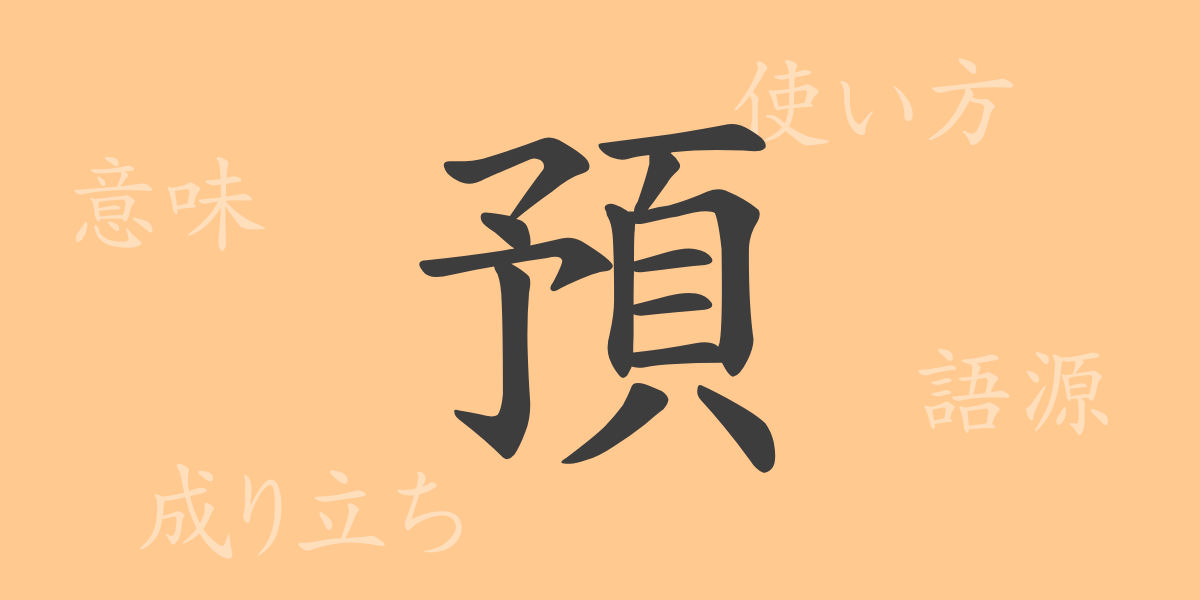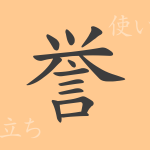In the rich expressive power of the Japanese language, kanji (漢字) each possess unique meanings and charms. “預” (yo) is one of the commonly used kanji in everyday life, representing concepts deeply tied to our daily activities. In this article, we will unravel the full scope of “預” (yo) from its etymology and usage to its appearance in idioms and proverbs.
Etymology of 預 (yo)
The kanji “預” (yo) is a character that originated in ancient China, and its shape represents holding something in hand. Originally, it shared the same root as “予” (yo), meaning to do something in advance, or “in advance.” Over time, this concept of “in advance” became linked to the act of “entrusting” something, leading to its current usage.
Meaning and Usage of 預 (yo)
“預” (yo) carries the meaning of “in advance” or “ahead,” referring to the act of entrusting or being entrusted with something. Specifically, it is used in situations such as depositing money in a bank, entrusting luggage to a friend, or preparing for a future event. Additionally, it can be used metaphorically to mean “to trust” or “to delegate.”
Reading, Stroke Count, and Radical of 預 (yo)
Understanding the readings and components of the kanji “預” (yo) can deepen our comprehension.
- Reading: On’yomi (音読み) is “ヨ” (yo), Kun’yomi (訓読み) is “あず・かる” (azu-karu)
- Stroke count: 13 strokes
- Radical: 頁 (おおがい, oogai)
Idioms, Proverbs, and Phrases Using 預 (yo)
There is a wealth of idioms, proverbs, and phrases in Japanese that include “預” (yo). For example, “預金” (yokin) means depositing money in a bank, “預言” (yogen) refers to predicting future events, and “預かり知らぬ” (azukari shiranu) means not knowing or being unaware. These words, based on the fundamental meaning of “in advance” held by “預” (yo), are used in various contexts.
Summary of 預 (yo)
The kanji “預” (yo) is a frequently used word in Japanese. By understanding its etymology, meaning, and usage, one can gain richer expressive abilities. When encountering words that use “預” (yo) in daily communication, we hope this article serves as a guide to deeper understanding.

























